HKIFF 2012: an interview with Bede Cheng (program manager)
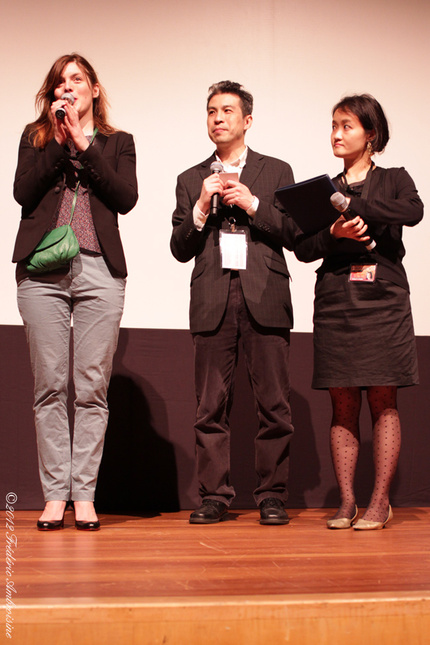
Valérie Donzelli's "La Guerre est déclarée / Declaration of War" HKIFF screening presentation

BC: I take care of program-related things. When the films are selected, I talk to the distributors; the directors about the terms; and I make sure that the prints and tapes arrive on time. I talk with the invited directors to find out when they want to come, etcetera. There are a lot of little gritty things to do.
FA: This year is the 36th edition of HKIFF. What can you say about the evolution of this festival since its inception?
BC: The first HKIFF actually started in the mid-70's. So we are the first Asian Film festival in the Asian region. We were ahead of Tokyo, ahead of Pusan, and ahead of Shanghai, of course. In the beginning there were small programs, and we were showing mostly European art films at that time. HKIFF started as a government-run program and it slowly evolved. Now we're at the stage of being a non-profit organisation. We still get some support from the government but we have to raise most of the money ourselves through sponsorship.
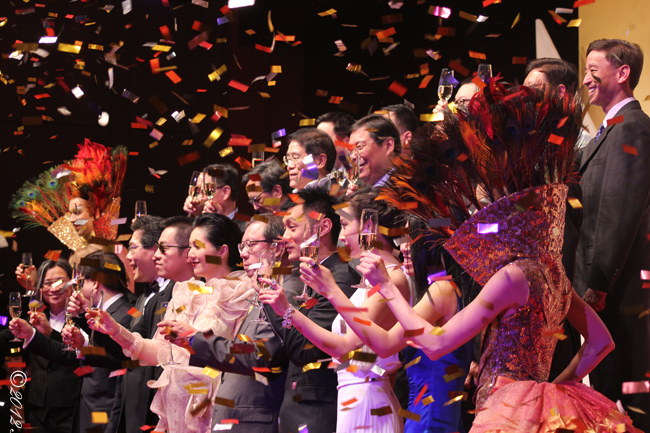
Opening ceremony of the 36th HKIFF
FA: How many Asian and non-Asian movies are you showing this year at the HKIFF? And in how many places are they showing?
BC: We have eleven venues all over Hong Kong showing the movies. The number of films that we show is about 280. I don't have the exact number of how many Asian movies but I would say that it is about two thirds Asian, and the rest of the world is about one third. It's not just European countries but also Africa, South America, North America. We have movies from Iceland, Estonia, Georgia... so we actually have quite a variety of international movies.
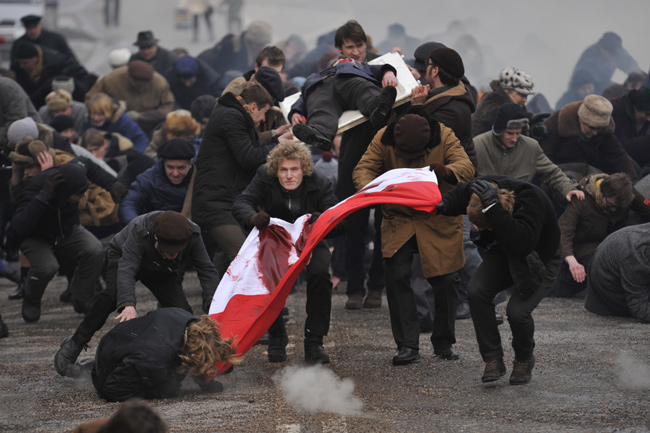
Antoni Krauze's "Black Thursday" (2011)
FA: Tell us about the partnership that HKIFF has with the Hong Kong Film Archive. Each year the Film Archive makes a retrospective which is kind of linked to the Hong Kong Festival?
BC: It's not directly linked. The film archive does their own retrospective program, so we think it's a convenient time because, at the time of HKIFF and HAF, there are a lot of foreign guests in Hong Kong looking at the films we have. We think it's a good time because they can take a look at all Hong Kong cinema. So they [Hong Kong Film Archive] contribute a program at the HKIFF.
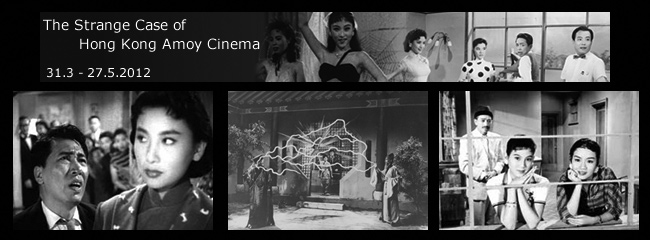
Hong Kong Film Archive program contribution to the 36th HKIFF
FA: Now that the HKIFF is part of the Entertainment Expo Hong Kong, which unites nine main events from the Hong Kong film and music industry, is it better or more complicated for you since there are so many events happening at the same time?
BC: Well, yes and no because for us, people are running the festival. A lot of events means that we have to do a lot of extra things; unexpected if things happen suddenly and we have to take care of it. The good side is that we raise our international profile. More people from Europe and America know that HKIFF is an important event, so they like to continue to come here and showcase their films here.
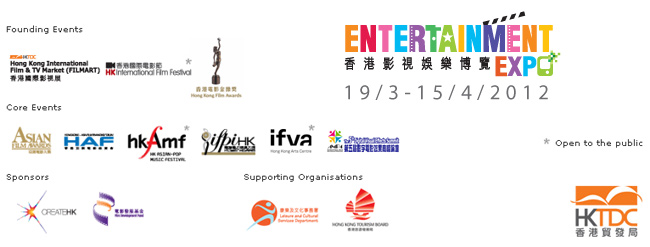
FA: What are the highlights of the festival this year?
BC: This year, we're fortunate enough to invite Ms. Charlotte Rampling to Hong Kong. She is of course a cultural icon in Europe. The highlight would be the movie made by the Chinese director Quan'an Wang called "White Deer Plain". It premiered at the Berlin festival, and I think we are the second place in the world where this film has been shown. It's based on a very famous novel from China, an epic, so we're fortunate to show it...
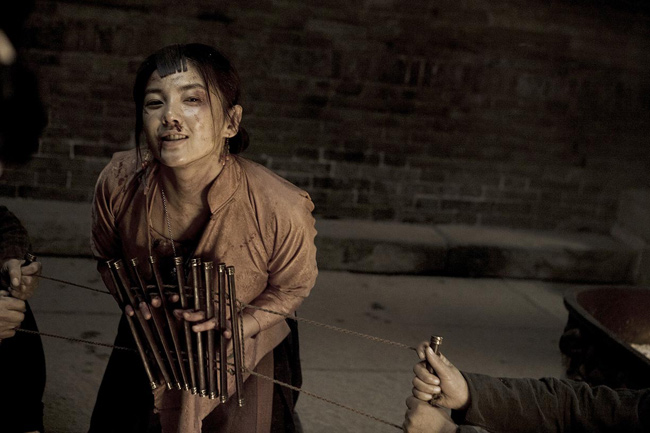
Quan'an Wang's "White Deer Plain".
...And of course, as the Hong Kong International Film Festival we try to promote Hong Kong cinema. So we're showing the world premiere of Pang Ho-cheung's "Love in the Buff", which is our opening film. It's the continuation of his successful "Love in a Puff". The two characters from the first movie meet again, but this time it's in Beijing because they've been relocated to work there. But it's still a very Hong Kong film...

"Love in the Buff" presentation during the HKIFF 2012 opening ceremony
...Pang Ho-cheung also has another film premiere at the HKIFF called "Vulgaria", which I can say is a follow-up to a previous film he made called "AV" about people making cheezy sex movies. It's a satire on present day Hong Kong popular culture, what we call in Hong Kong "pseudo models", teenage girls dressing skimpily, trying to attract attention... These are both very Hong Kong films.
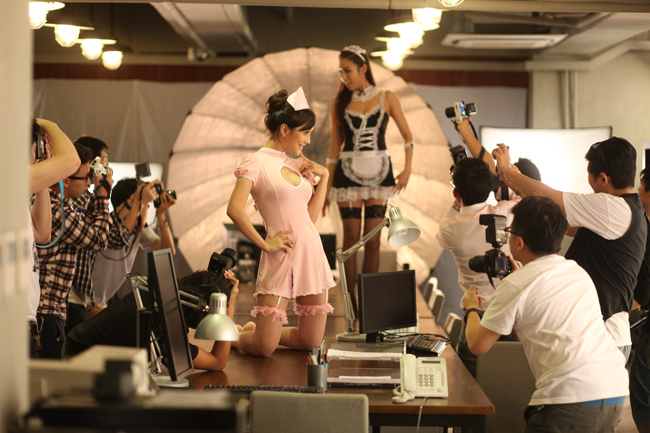
Pang Ho-cheung's "Vulgaria" (2012)
FA: In the last few years there have been a lot of Hong Kong movies co-produced with China. They are very different from the Hong Kong movies made, say, 10 years ago. In you opinion, who are the people who are making the most Hong Kong movies nowadays? Of course, Pang Ho-cheung is one of them...
BC: ...Pang Ho-cheung is one of them. Ann Hui is still one of them. Ann Hui's new film, "A Simple Life" is a very simple film, a very Hong Kong-based film. It's a film that is very true to her heart, and true to the film producer's because it's the producer's own story. It's a very Hong Kong story. I heard it's doing very well in China too. So it's good that Hong Kong filmmakers can stay true to their hearts and tell stories that they want to tell, and if the film is really good it will find its own way into China,. So Hong Kong films are not really losing their identity. So once again, keep this to your heart, and be true to yourself when you make a film, and don't make movies that you expect people want to see.
Interview conducted by Frédéric Ambroisine on March 20th, 2012. Edited by Sylvia Rorem. Cross-published on AliveNotDead.












Do you feel this content is inappropriate or infringes upon your rights? Click here to report it, or see our DMCA policy.


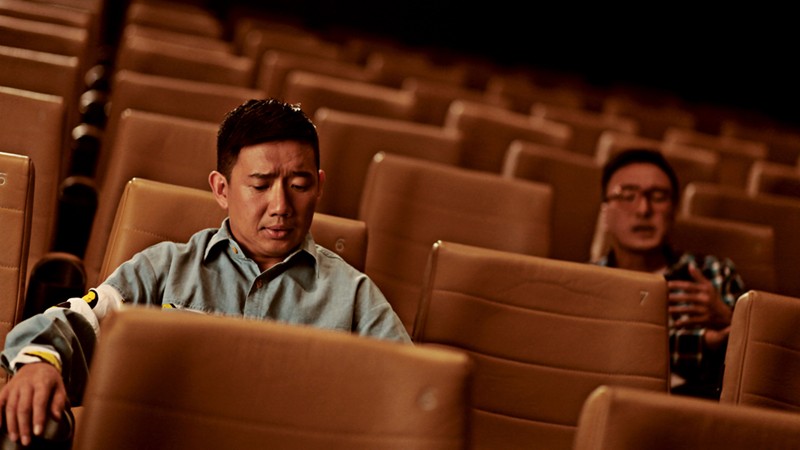


 (1)-thumb-80x80-93563.jpg)

